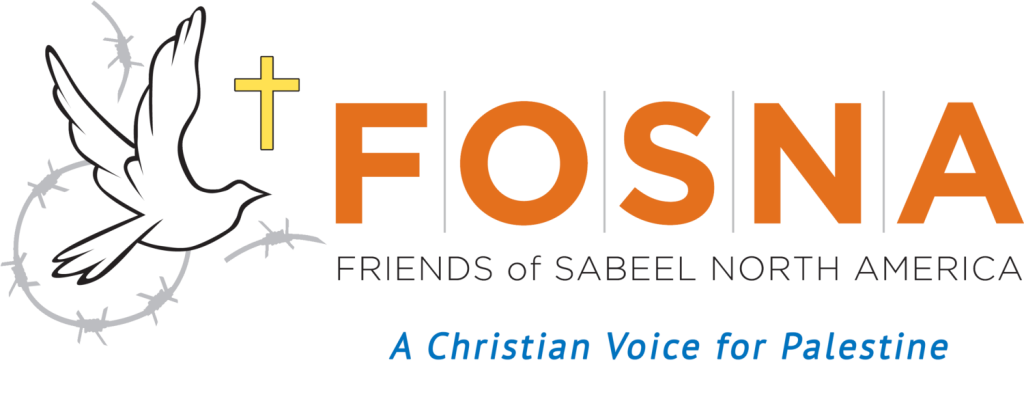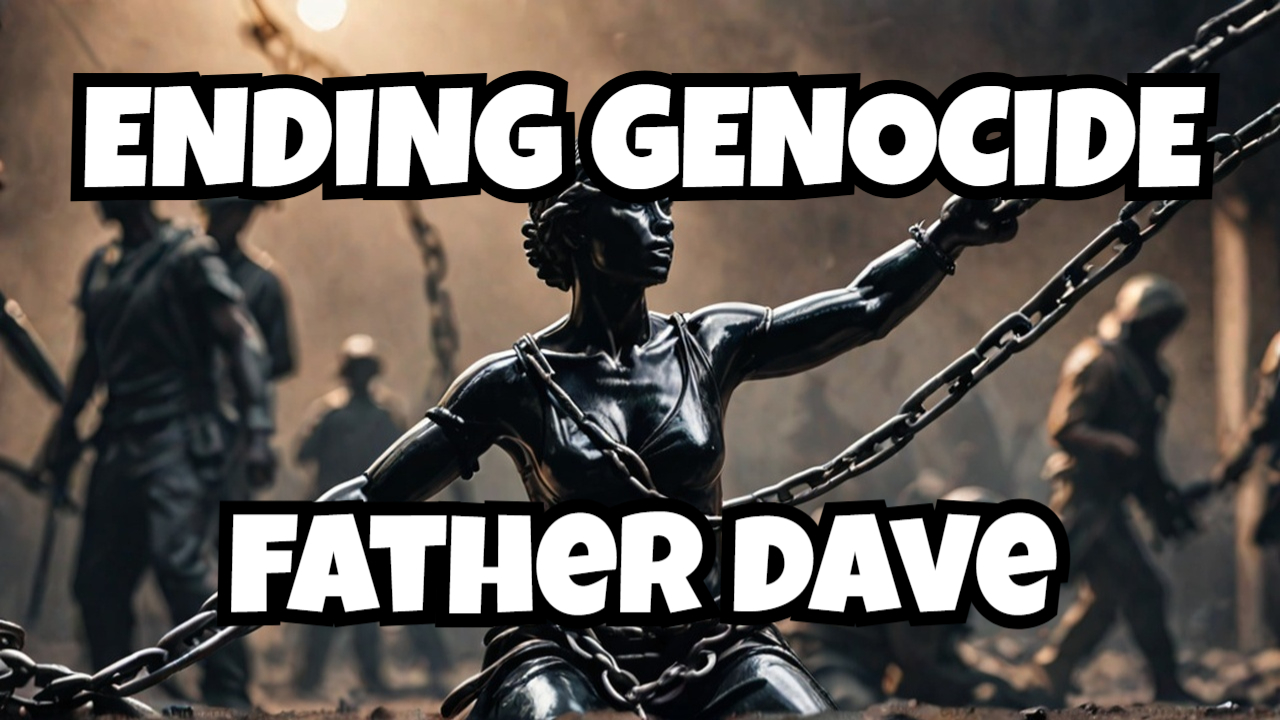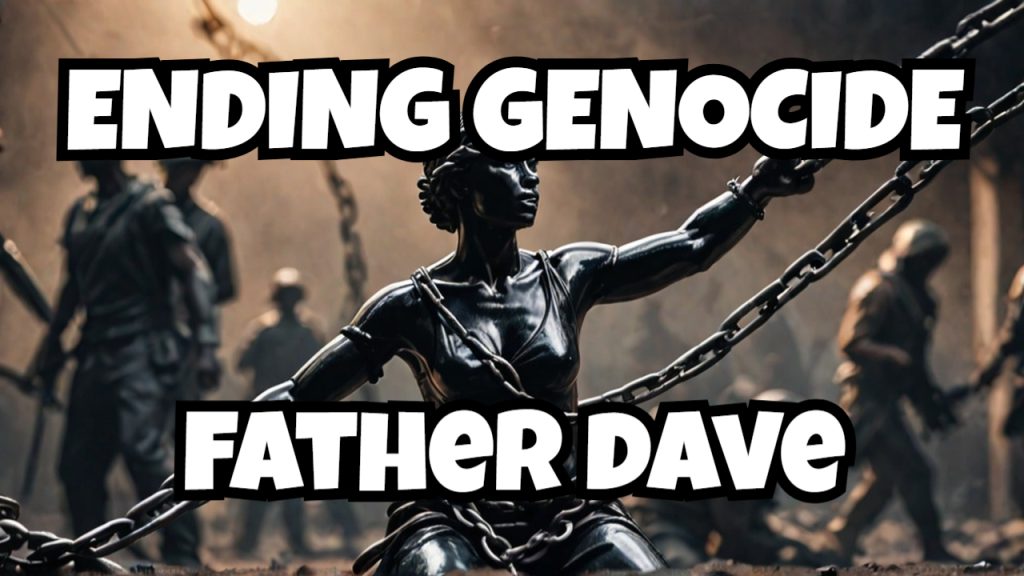
Even before October 7, the taboo against talking to Hamas allowed the world to ignore the ever growing crisis in Gaza and its people until it blew up in their faces. However, it is a well known truth that you don’t make peace with your friends but with your enemies.
When October 7 occurred, Israel rapidly weaponized the demonization of Hamas, already declared by Israel and the US to be a terrorist group, to justify all its actions in Gaza. This was bolstered by a multitude of false accounts of beheaded babies, burnt pregnant mothers, sexually mutilated bodies, and mass rapes, none of which was proven. Every public discussion of the war had to start with the question: “Do you condemn Hamas?” And if you failed to do so, or if you failed to declare their actions “barbaric” rapidly enough, you were personally attacked and called antisemitic. Any attempt to objectively discover what happened on that fateful day was compared to Holocaust denial. Hamas certainly undertook considerable violence against civilians, but we must acknowledge that just this week leading Israeli paper Haaretz finally admitted to Israel’s widespread use of the Hannibal Directive: the killing of it’s own citizens to prevent capture. The declared objective of eliminating Hamas, not just defeating or neutralizing its fighting force, was the goal, and this became the justification for not only destroying Gaza—its hospitals, universities, markets, housing blocks, and infrastructure—but also for repeated population transfers on a mass scale in pursuit of that impossible objective.
I am not and have never been a supporter or apologist for Hamas. I am a Christian, and Hamas is an avowedly Muslim organization. I am a pacifist, and Hamas believes in armed struggle as the path to liberation. Yet, I know that there is no path to peace that does not involve Hamas, as well as some deeply abominable Israeli Jewish and Zionist organizations and politicians.
Recognizing the need to speak with Hamas does not in any way constitute support for that organization, its objectives, ideology, or tactics. Hamas is a political party, one which also oversaw an entire government structure and all its functions for years, in addition to maintaining an armed resistance force, Izzuddin al Qassam. The party has an official ideology, but it can also be pragmatic when forced to be. If it is allowed to engage in political negotiations, it will have to accommodate itself to such realities and enter into serious negotiations that may contradict many of its bombastic positions. As with many other political parties, particularly in Israel, its doctrines, ideology, or statements can be objectionable, especially to the other side. If you look at the founding documents, statements, ideologies and actions of many Israeli parties, you will find things equal to or far worse than Hamas: shall we look at Likud? Otzma Yehudit? National Religious Party? Yet, each of these parties make up the current government coalition, and they have power and take actions detrimental to Palestinians and any prospects for peace. There is no doubt that they will participate, for better or worse, in any decisions about the future of Gaza and Palestine, as well as in any peace negotiations.
The Palestine Liberation Organization (PLO), as well as the African National Congress (ANC) in South Africa, the Irish Republican Army (IRA), the Algerian Resistance, and all other liberation movements were initially labeled terrorist organizations, and they did indeed commit acts of terrorism and atrocities against civilians. But, they were eventually invited into the political process and subsequently moderated their positions in response to new realities and avenues for political engagement.
In the late 80’s and early 90’s, peace activists in Israel, the US, and elsewhere conducted a serious campaign to urge politicians to talk to Yasser Arafat and the PLO. We witnessed the PLO change its charter, renounce violence, accept the principles of compromise, and even accept conditions far below their initial demands. These were all changes they remained faithful to, even as the Israelis failed to reciprocate.
Is there any reason why a similar process should not be started with Hamas?
Those who resist this line of thinking are those who are not interested in peace or in an end to war. They are now in control of the narrative and are quick to attack anyone who challenges their thinking. They still dream of “total victory,” refusing to speak of “the day after” or conjuring up improbable future scenarios “that do not include Hamas.”
After nine months of fighting and immense genocidal violence, Hamas continues to exist as a resistance force but more potently as a doctrine, ideology, and movement, with many more potential recruits. It exists in Gaza, the West Bank, and elsewhere, and it cannot be eliminated. As that reality sinks in, maybe the time has come to consider how and under what conditions Hamas can be brought into a political process and engage in negotiations for a better future for everyone concerned.







